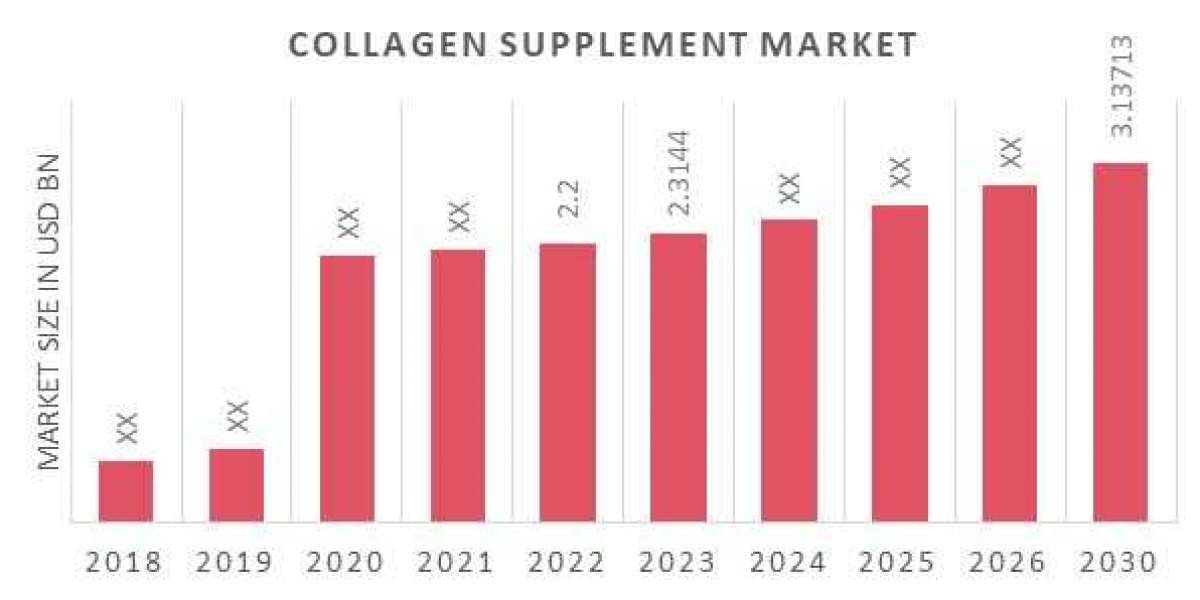Impact of Genetic Testing on Cancer Diagnosis Precision: How Is Genetic Testing Improving the Precision of Cancer Diagnosis in Laboratories?
Genetic testing has revolutionized the landscape of cancer diagnosis, offering unprecedented precision in identifying genetic mutations associated with various types of cancer. With advancements in technologies such as Next-Generation Sequencing (NGS) and liquid biopsies, laboratories can now analyze DNA and RNA more comprehensively than ever before.
Top Innovations:
- NGS Technologies: Companies like Illumina and Thermo Fisher Scientific are leading in NGS, enabling rapid sequencing of entire genomes, which allows for early detection and targeted treatment strategies.
- Liquid Biopsy Techniques: Developed by firms like Guardant Health, these tests can detect circulating tumor DNA (ctDNA) in the bloodstream, offering a less invasive method for monitoring treatment response and recurrence.
The integration of genetic data into routine cancer diagnostics not only enhances accuracy but also aids in tailoring personalized treatment plans, ultimately improving patient outcomes.
Reimbursement Challenges in Genetic Testing for Laboratories: What Are the Main Reimbursement Challenges for Genetic Testing in the Laboratory Sector?
The reimbursement landscape for genetic testing remains complex and evolving. While genetic tests are increasingly recognized for their clinical utility, laboratories face significant hurdles in obtaining reimbursement from insurance providers.
One major challenge is the Protecting Access to Medicare Act (PAMA), which has linked Medicare reimbursement rates to private payer rates, resulting in reduced compensation for many genetic tests.
Key Issues:
- Coverage Determination: Many genetic tests lack clear coverage guidelines, leading to inconsistencies in reimbursement. For example, tests for specific cancers may be covered while others are not, creating a disparity in patient access.
- Cost-Effectiveness Demonstration: Laboratories must conduct extensive clinical studies to prove the cost-effectiveness of their tests, which can be time-consuming and expensive.
As companies like Quest Diagnostics and 23andMe advocate for better reimbursement policies, ongoing efforts to streamline these processes are critical for the sustainability of genetic testing services.
Cost-Effectiveness of Genetic Tests for Rare Diseases in Labs: Are Genetic Tests for Rare Diseases Cost-Effective in Clinical Labs?
The cost-effectiveness of genetic testing for rare diseases has become a focal point for healthcare providers and payers alike. Genetic tests can often identify conditions that would otherwise remain undiagnosed, allowing for early intervention that can lead to better health outcomes and reduced long-term healthcare costs.
Economic Considerations:
- Early Diagnosis: For conditions like Spinal Muscular Atrophy (SMA) or Cystic Fibrosis, genetic testing enables timely treatment, significantly lowering the risk of complications and hospitalizations.
- Preventative Strategies: Identifying genetic predispositions can lead to lifestyle changes and preventative measures that further reduce healthcare costs over time.
Companies such as Genentech and Eurofins Scientific are actively investing in studies to quantify the economic benefits of their genetic testing solutions, reinforcing the argument for broader adoption of these tests.
Technological Advancements in Laboratory Genetic Testing for Personalized Medicine: What Technological Advancements Are Driving Personalized Medicine Through Genetic Testing in Labs?
The rise of personalized medicine hinges on the ability of genetic testing to tailor treatment to individual patient profiles. Cutting-edge technologies are propelling this field forward, enhancing the accuracy and speed of testing.
Notable Innovations:
- Crispr-Cas9 Gene Editing: This technology, pioneered by companies like Editas Medicine, allows for precise editing of genes, paving the way for innovative treatments and therapies.
- Bioinformatics Platforms: Organizations such as QIAGEN are developing advanced software solutions that analyze complex genetic data, helping laboratories interpret results quickly and accurately.
- Pharmacogenomics: By studying how genes affect drug response, companies like Myriad Genetics are creating tests that guide prescribing decisions, ensuring patients receive the most effective medications based on their genetic makeup.
These advancements not only improve the accuracy of tests but also enhance the overall effectiveness of treatment plans, solidifying the role of genetic testing in personalized healthcare.
| For more info. | Market Research | Related Report | Healthcare staffing Market |
| Genomics Market | |||
| Smart healthcare Market |













